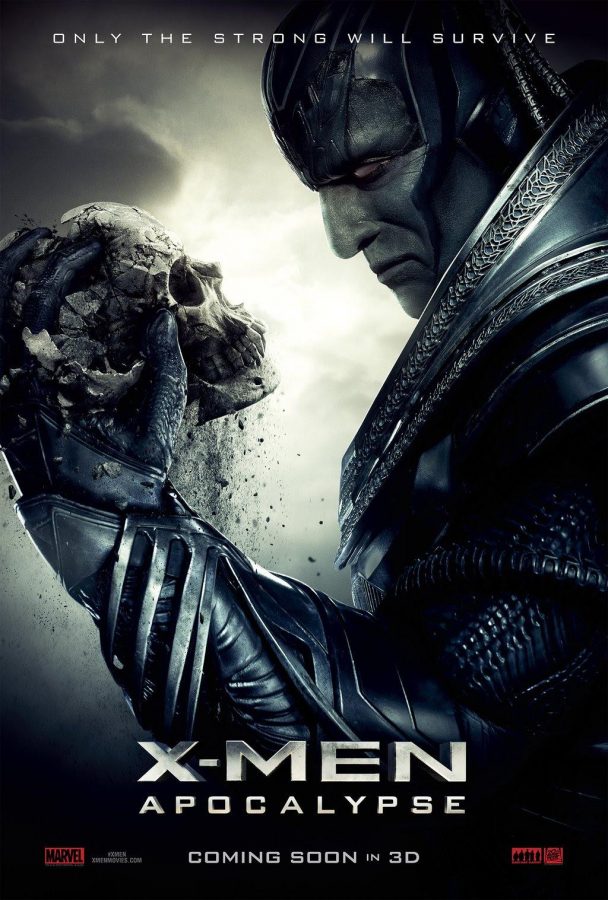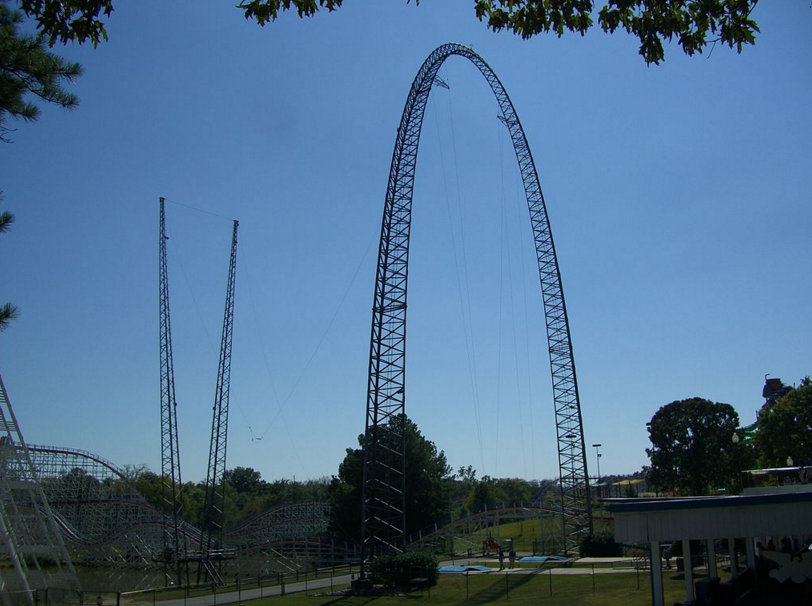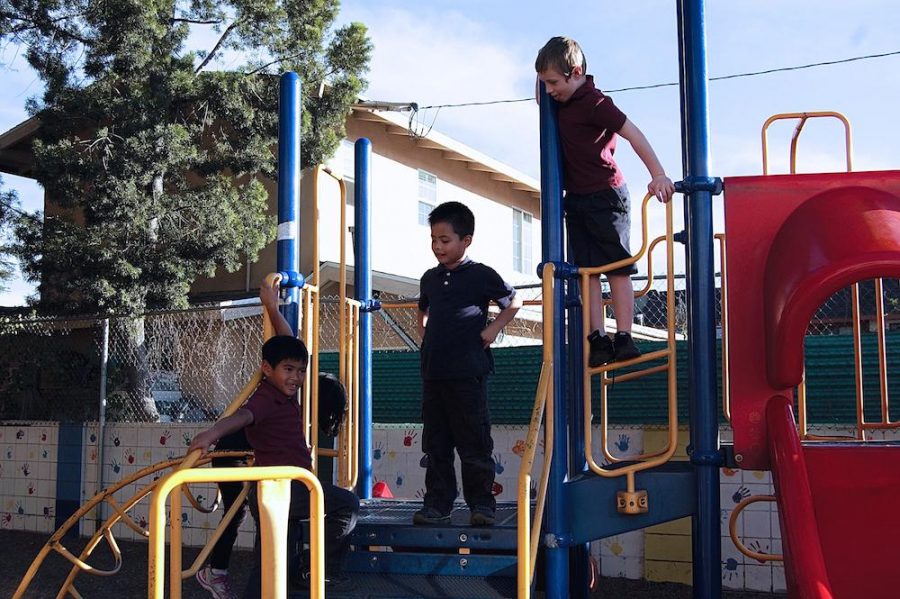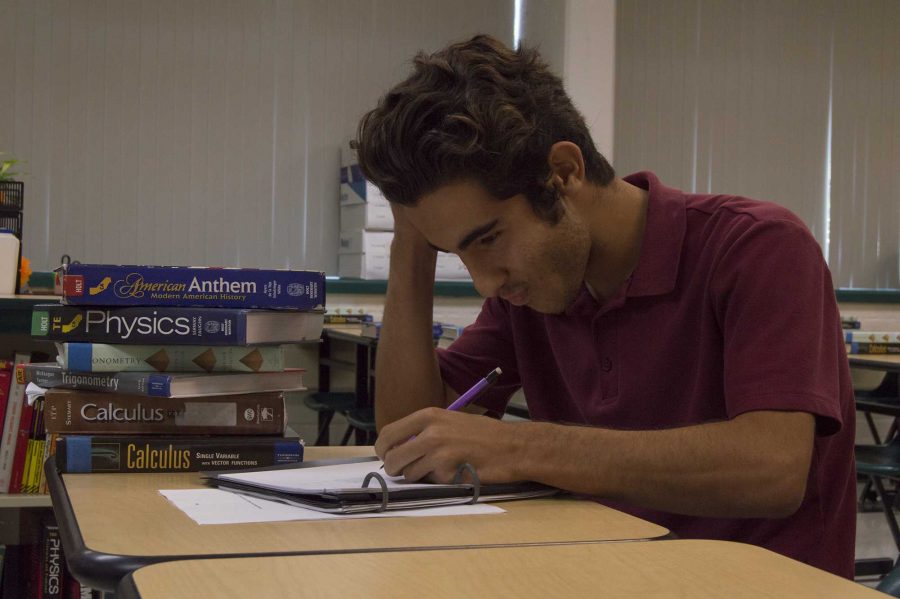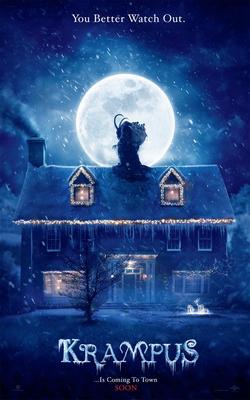(December 14, 2012) — As December progresses, each day is another day closer to the foreboding December 21st, 2012, the rumored “end of the world.” Loaded with suspicion and a myriad of disastrous theories, Dec. 21, 2012 has cast several Americans under its Doomsday spell. But is this really the case? Or is America swept up in another hollow hoax that has enveloped many other days like Jan. 1, 2000 (Y2K), or Friday the 13th? Although many pessimists and end-of-the-world fanatics alike would lead you to believe that there is credible evidence that proves a cataclysmic event will occur on Dec. 21, most scientists and I believe that this is not the case. T he majority of the hysteria surrounding Dec. 21 stems from the fact that this day was the last day recorded on the Mayan Long Count Calendar as the last day of the 5,145 th year. Advanced for its time, the Mayan Calendar incorporated scientific, astrological and mathematical observations into its elaborate calendar. The Mayan Long Count Calendar began in the year 3114 BC and ended on a date that corresponds to the current calendar date of December 21, 2012, the day the Mayans believed was the anniversary of the world’s creation and a day for a creation of a new world. Believers of the 2012 phenomenon speculate that this date will as a result coincide with doomsday scenarios like a shift in the Earth’s magnetic field or a dangerous planetary alignment. S o what do the the experts think about these theories? According to NASA Jet Propulsion Laboratory, there aren’t any planetary alignments in Dec. 2012. JPL has also said that it is extremely unlikely that a magnetic field shift will occur; however, even if one was occurring, it would have little impact and take thousands of years to do so. If I had to trust any organization about the possibility of disastrous world-ending calamities, I would trust NASA over the Mayan Calendar any day. Consequently, I agree with NASA that Dec. 21, 2012 will just be another ordinary, doomsday-free day. Although the December 2012 doomsday is highly improbable, the American media has cashed-in on the Doomsday craze with films like 2012 and The Day After Tomorrow , and TV shows like Doomsday Preppers that sensationalize the possibility of an end-of-the-world scenarios occurring in the near future. But what drives us to be fascinated by the bleak possibilities of the world ending? I believe that the truth lies in our human nature. As humans, we are naturally curious and frightened of what we don’t know or can’t explain. To compensate for our lack of knowledge and power, we dramatize all of these doomsday theories to make ourselves feel omniscient and prepared. In an effort to understand situations and possibilities that we are not completely sure of, we forge these theories to feel like we have some control or say in how (or if) the world would end. In reality, I don’t think that anybody knows for sure when, how, or if the world will end. We like to think that we have all of the answers because we are Earth’s “dominant species,” but then again that’s probably how the dinosaurs felt, and look what happened to them. While I am positive that the world will not end on Dec. 21 , I guess that we’ll just have to wait until that day to know for sure.
Categories:
Doomsday Dramatization
December 14, 2012
More to Discover



